Powering Africa’s digital future: The rise of cloud, data centres, and network resilience
By Lily Bennett|13 November, 2024
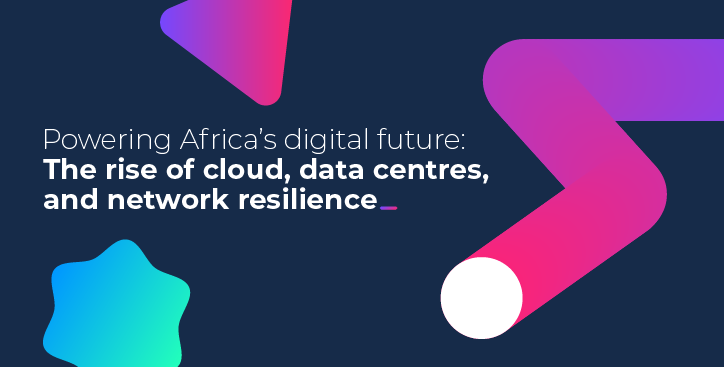
Updated on 24th February 2025
Africa’s connectivity landscape is undergoing a rapid evolution, propelled by increased investments in telecommunications infrastructure, data centres, and cloud services. However, the continent still faces challenges, including infrastructure gaps and regulatory complexities.
In this blog, we’ll explore how interconnection trends are evolving across Africa, as provided by consultancy firm Balancing in the third edition of our Africa Interconnection Report. This study examines the key developments in data centres, cloud services, and the implications for businesses, particularly those adopting AI technologies.
The growth of data centres
Data centres play a critical role in supporting digital transformation across Africa. As of this year, eight new data centres have been established, adding to the continent’s growing infrastructure. The expansion rate has slowed compared to previous years but this reflects the complexities of completing such large-scale projects within the continent’s existing infrastructure and economic environment. Yet, the Democratic Republic of Congo (DRC) recently joined the ranks of countries with data centres, thanks to initiatives by Open Africa Data Centres and Raxio.
The number of African nations with carrier-neutral data centres holds at 24 countries but Rwanda and Zimbabwe are expected to be added within the next year. Despite this plateau, carrier-neutral facilities remain essential for businesses aiming to reduce latency, ensure redundancy, and improve performance by having multiple data centre options in each country.
Large-scale investments by industry giants
Global tech companies have seen Africa’s potential and are making substantial investments. Equinix, for example, has committed to investing $390 million over the next five years to expand its data centre footprint in the region, with an eye on markets in Nigeria, South Africa, and East Africa. Plus, Microsoft’s $1 billion investment in Kenya (partnering with G42, an AI specialist based in the UAE) plans to establish a geothermal-powered data centre with 100 MW of capacity by 2026. This facility aims to support cloud computing and improve regional access to high-performance infrastructure.
Microsoft’s approach differs from that of AWS, which currently relies entirely on its own data centres. AWS operates the AWS Africa (Cape Town) Region, with three availability zones and a local presence in Johannesburg. Expansion plans are underway to extend AWS's infrastructure in South Africa and other countries. These investments highlight a commitment to bringing global cloud services closer to African users, reducing latency and providing reliable connectivity.
Hyperscalers are driving change
Hyperscale providers like AWS, Microsoft, and Google are actively expanding in Africa. Google, for example, launched its Johannesburg cloud region in early 2024, while Oracle is also setting up new public cloud regions in Kenya, Morocco, and other locations. Kenya and Nigeria are priorities on many providers’ roadmaps, but local economic conditions, particularly currency instability, may hinder the trajectory of rapid expansion. Providers generally charge in euros or dollars, and high currency volatility makes affordability a concern for businesses and governments alike.
The acceleration of AI start-ups
Africa’s AI start-up scene is flourishing, with increased funding and support from global players. Google and Meta are supporting AI initiatives aimed at addressing local issues, including projects through Google’s Start-Up Accelerator cohort in Kenya, Nigeria, Rwanda, and South Africa. Other examples include South Africa’s DataProphet, Nigeria’s RxAll, and Aerobotics, an agtech company leveraging AI for image recognition and data analysis.
While these developments demonstrate Africa’s potential for innovation, the readiness of connectivity and infrastructure to support AI workloads must be considered. Many of these start-ups depend on high-performance computing capabilities and seamless data transfers between local and global cloud environments where connectivity limitations may create barriers to deploying these AI applications at scale.
Increased cloud adoption
South Africa continues to lead Africa’s cloud market, hosting major hyperscale providers and attracting smaller cloud service providers as well. Kenya and Nigeria are emerging as secondary cloud markets, now attracting investments from global providers who see potential in their burgeoning tech ecosystems. These countries are likely to see further growth as more businesses adopt digital strategies that rely on cloud computing.
As cloud adoption expands, organisations must consider data security, sovereignty, and regulatory compliance – a growing concern as African nations develop their own frameworks for digital governance. Currently, 36 out of 54 African countries have their own data protection laws in place, which increases the complexity for cloud providers aiming to ensure compliance across borders or meet local expectations for data storage, security, and accessibility. This is especially challenging when hyperscalers are not located in the same region as the core equipment.
Establishing sustainable connectivity in Africa
To achieve sustainable growth, Africa’s interconnectivity market must address three key challenges:
- Infrastructure investment: Continued investment in fibre networks and data centres is essential.
- Regulatory harmonisation: Diverse regulatory environments across African countries can complicate cross-border connectivity and will impact smooth data flow.
- Technical skills development: A skilled workforce will empower businesses to fully leverage emerging technologies such as AI.
Console Connect can help address these challenges by optimising cloud access, increasing agility for AI workloads, and enhancing security with a private network infrastructure. Businesses will benefit from improved performance with dedicated connections and secure routing, which will meet compliance requirements, and ensure efficient and secure data movement.

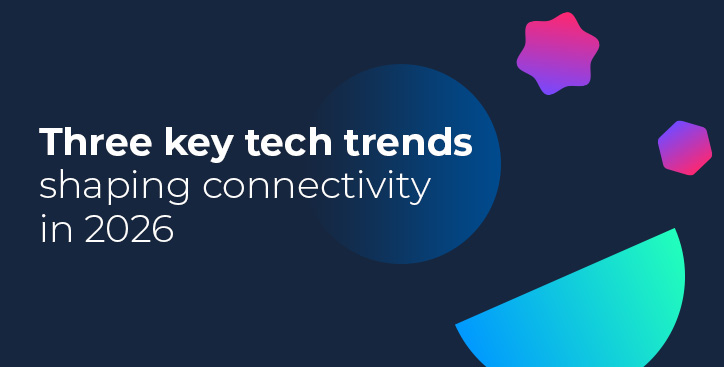
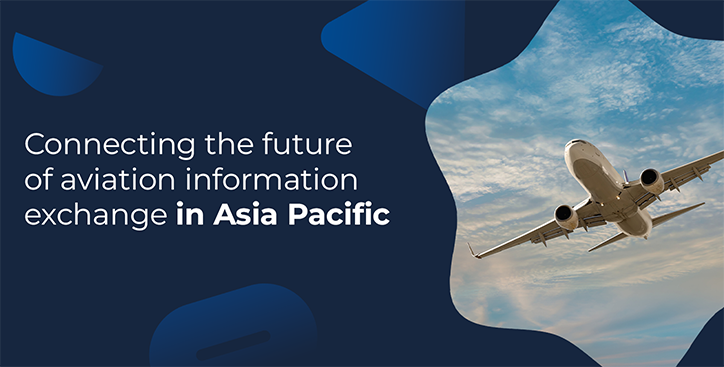
.jpg)
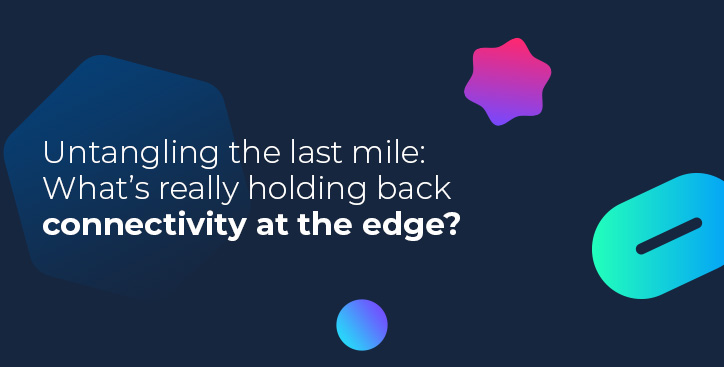
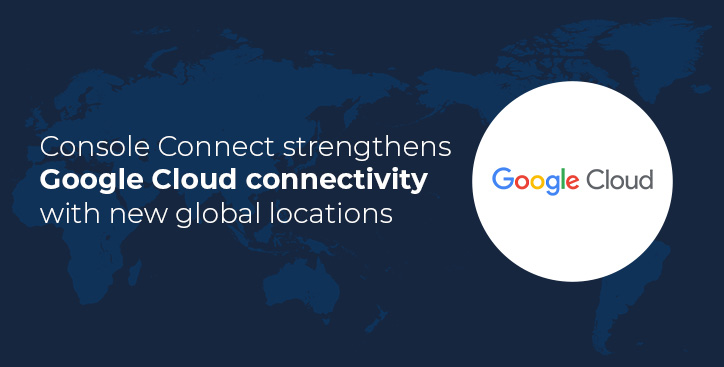
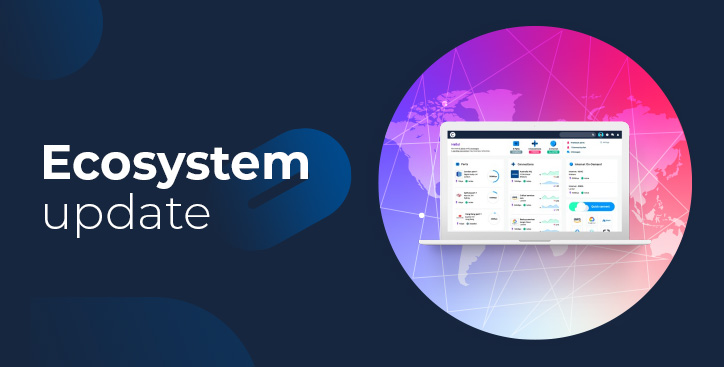
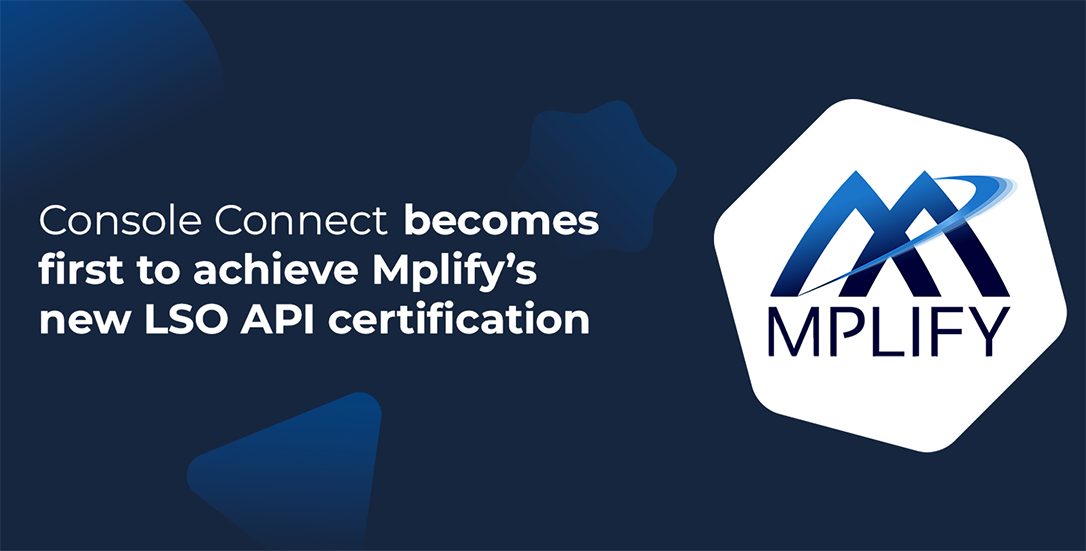
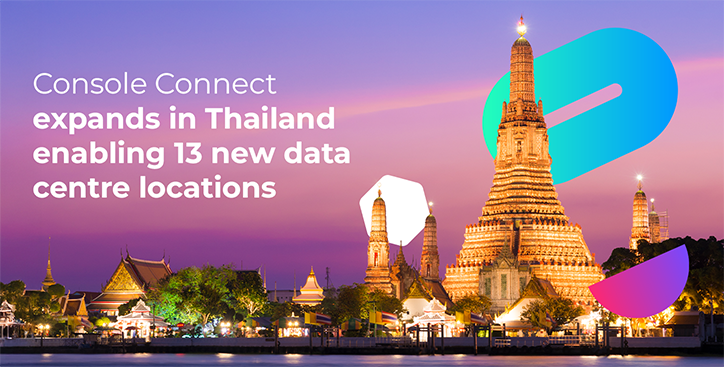
.jpg)